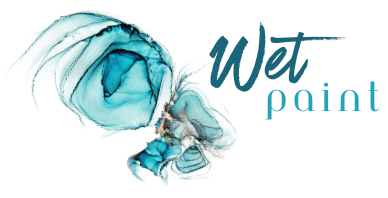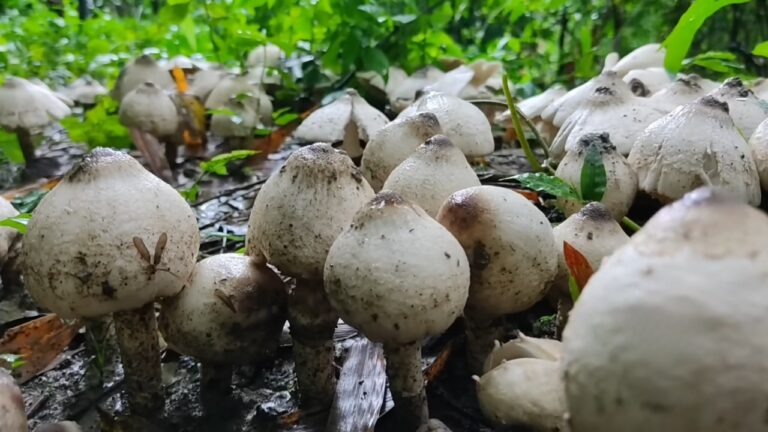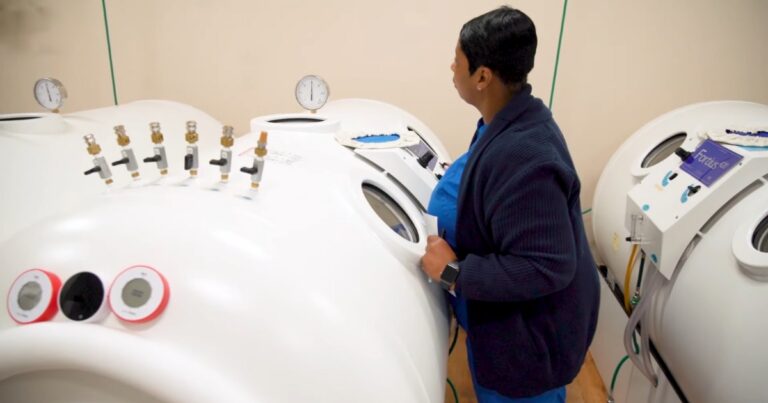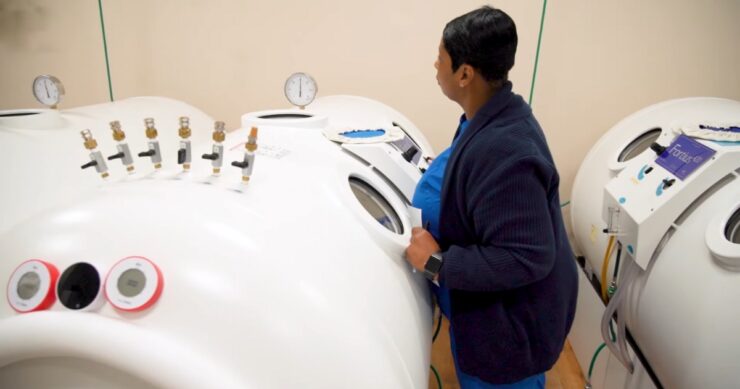Mushrooms, once a humble part of our diet, have recently seen a surge in popularity. This blog post unveils the fascinating world of mushrooms, highlighting their nutritional value, health benefits, and versatile use in products ranging from food to beauty items.
We’ll explore various edible types, delve into mushroom-based snacks and supplements, and even touch on sustainable farming and home cultivation. Whether you’re a mushroom enthusiast or new to this world, this post promises a comprehensive journey into the remarkable realm of this fungi.
The Nutritional Value of Mushrooms
Mushrooms are nutritional powerhouses, offering a wealth of essential vitamins, minerals, and antioxidants. Low in calories, they’re rich in B vitamins, selenium, potassium, and copper, essential for various bodily functions.
Their unique nutrient profile makes them an ideal part of a balanced diet. They’re also a significant source of dietary fiber and protein, especially valuable for those on plant-based diets. Including this fungi in daily meals can significantly enhance nutritional intake, contributing to overall health and making them a versatile component in healthy eating.
Health Benefits of Consuming Mushrooms
Consuming mushrooms brings numerous health benefits. They are renowned for their immune-boosting properties, credited to compounds like beta-glucans. These fungi also aid in digestion due to their fiber content and combat oxidative stress with their antioxidant properties.
For a holistic approach to wellness, consider complementing your mushroom-rich diet with the rising trend of non-alcoholic beer, known for its health benefits and positive impact on overall health.
Some studies indicate that mushrooms might help regulate blood sugar levels, which is crucial for diabetes management. Regular consumption of this fungi can thus play a significant role in enhancing overall health and wellness, making them a beneficial addition to any dietary regimen.
Common Types
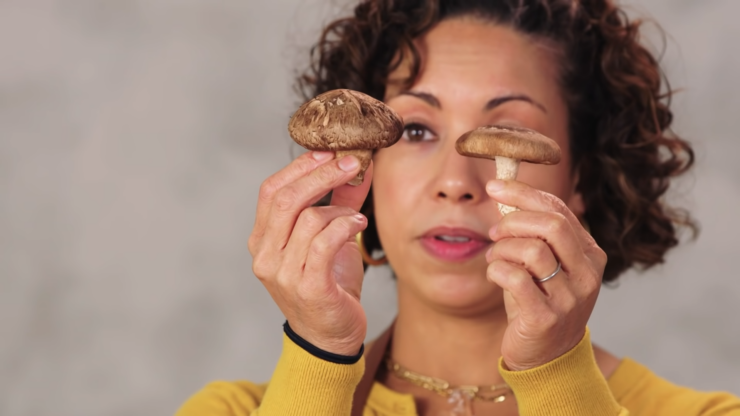
In the world of edible mushrooms, varieties like button mushrooms, shiitake, and oyster mushrooms stand out. Button mushrooms, known for their mild flavor, are incredibly versatile in cooking. Shiitake fungi, with their rich umami taste, are staples in Asian cuisine, enhancing the flavor profile of dishes.
Oyster types, appreciated for their delicate texture and slightly sweet taste, are excellent in stir-fries and other quick-cooking methods. Each type of mushroom brings its own unique set of flavors and culinary possibilities, significantly enhancing the taste and nutritional value of a wide array of meals.
Culinary Uses of Mushrooms
Mushrooms are culinary chameleons, adaptable in various dishes from soups and stir-fries to pizzas and salads. Their flavor-absorbing ability suits many cooking styles. To maximize their taste, cooking them correctly is key.
Sautéing or grilling brings out their rich flavor and texture. Additionally, they make excellent meat substitutes, offering a hearty and satisfying option in vegetarian and vegan dishes. They’re particularly effective in mimicking meat textures in recipes like burgers, making them a favorite in plant-based cooking.
Mushroom-Based Snacks and Condiments

The snack world has warmly embraced mushrooms, with mushroom chips and jerky emerging as popular, healthy snacking options. These snacks are not just tasty but also nutrient-rich. Mushroom-based condiments, such as mushroom ketchup and seasoning blends, are increasingly popular, adding distinctive flavors to various dishes.
These innovative products highlight mushrooms’ versatility, extending their use beyond traditional cooking, and offer exciting, flavorful alternatives to conventional snacks and condiments. Moreover, they cater to the growing demand for healthier snack choices, making them a win-win for both taste buds and well-being.
Health Supplements and Medicinal Mushrooms
Medicinal mushrooms like Reishi and Chaga are leading the health and wellness trends. Believed to offer numerous health benefits, including immune system support and stress reduction, these fungi are available in forms like powders, capsules, and teas.
They make integrating mushrooms’ health benefits into daily life both convenient and accessible. People are increasingly turning to these natural supplements for holistic well-being, reflecting a growing interest in alternative health solutions. Find high quality mushroom edibles at ELYXR, and click the link to check products.
Mushroom Beauty Products
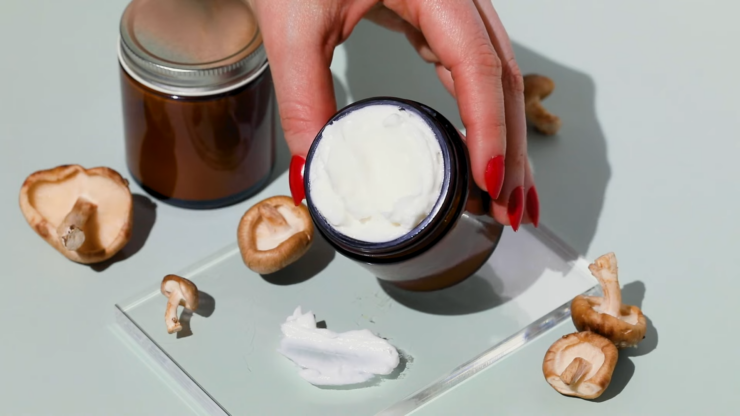
Mushrooms have ventured into the beauty industry, with products like creams, serums, and hair treatments. Their hydrating and anti-inflammatory properties make them suitable for various skin types.
Mushroom-infused beauty products can improve skin texture, reduce signs of aging, and nourish skin and hair. This trend signifies a shift towards natural, ingredient-focused beauty solutions, with them playing a key role in developing innovative skincare and haircare products.
Sustainable Mushroom Farming
Mushroom farming is notably sustainable compared to other agricultural practices. Cultivated on substrates like sawdust, mushrooms are an eco-friendly crop choice. Their growth in controlled environments minimizes the need for pesticides and herbicides, further enhancing their sustainability.
This approach not only benefits the environment but also ensures a steady, year-round mushroom supply. Sustainable farming of this fungi thus represents a significant step towards more environmentally conscious agriculture.
DIY Mushroom Cultivation

Cultivating mushrooms at home is both engaging and rewarding. With basic supplies like spores, substrate, and a controlled environment, anyone can grow mushrooms. The process involves sterilizing the substrate, inoculating it with spores, and maintaining appropriate humidity and temperature.
Home cultivation lets enthusiasts experiment with various mushroom varieties and guarantees a fresh, organic supply. This hobby can also be educational, offering insight into the fascinating world of fungi cultivation.
Challenges and Precautions
While mushrooms offer many benefits, it’s important to exercise caution. Allergic reactions can occur in some individuals. Wild mushroom foraging demands expertise to avoid toxic varieties, as misidentification can have serious consequences.
It’s essential to source them from trustworthy suppliers or possess sufficient knowledge for safe foraging. Educating oneself about different mushroom types is crucial for safe consumption, especially when exploring wild varieties.
Challenges and Precautions
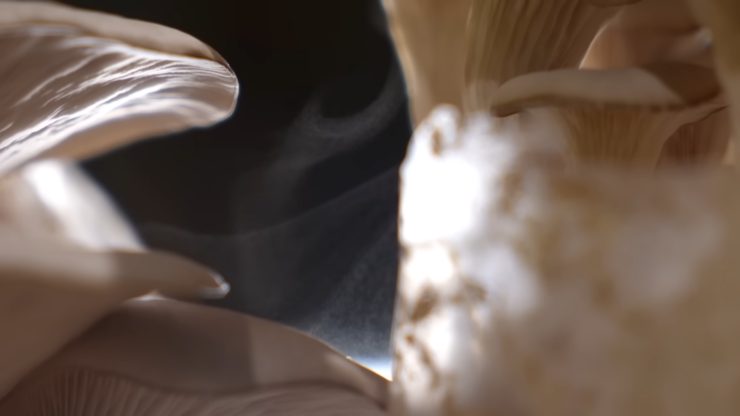
While mushrooms are beneficial, it’s important to be cautious. Some people may experience allergic reactions. Wild mushroom foraging requires expertise, as misidentifying this fungi can lead to consuming toxic varieties. It’s crucial to source mushrooms from reliable suppliers or to have expert knowledge when foraging in the wild.
Conclusion
Mushrooms offer a world of benefits, from nutritional value to diverse culinary uses and sustainable farming practices. This blog post has explored the vast potential of mushrooms, encouraging readers to integrate them into their diets and lifestyles.
Share your favorite mushroom recipes or experiences, and join the growing community of mushroom enthusiasts exploring this fascinating and beneficial world.
Related Posts:
- Magic Mushroom Edibles - Benefits, Trends and Safety…
- Earth's Rich Bounty: The Melding of Mushrooms and Chocolate
- The Benefits and Health Considerations of Adult…
- Whisky benefits and side effects on Your Health
- Non-alcoholic beer benefits: Health and Wellness
- What is EMS Training: Benefits and Tips for Success
